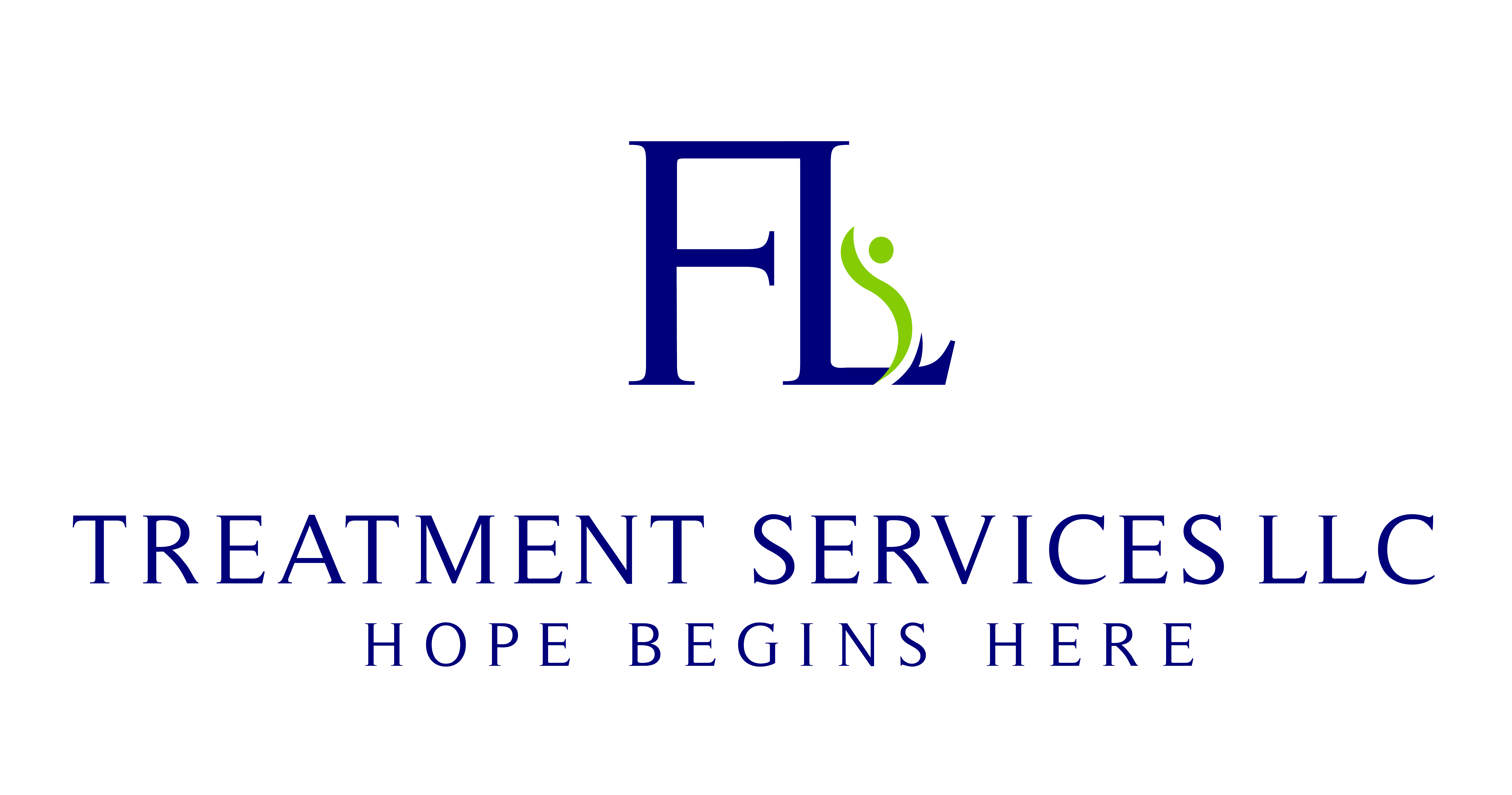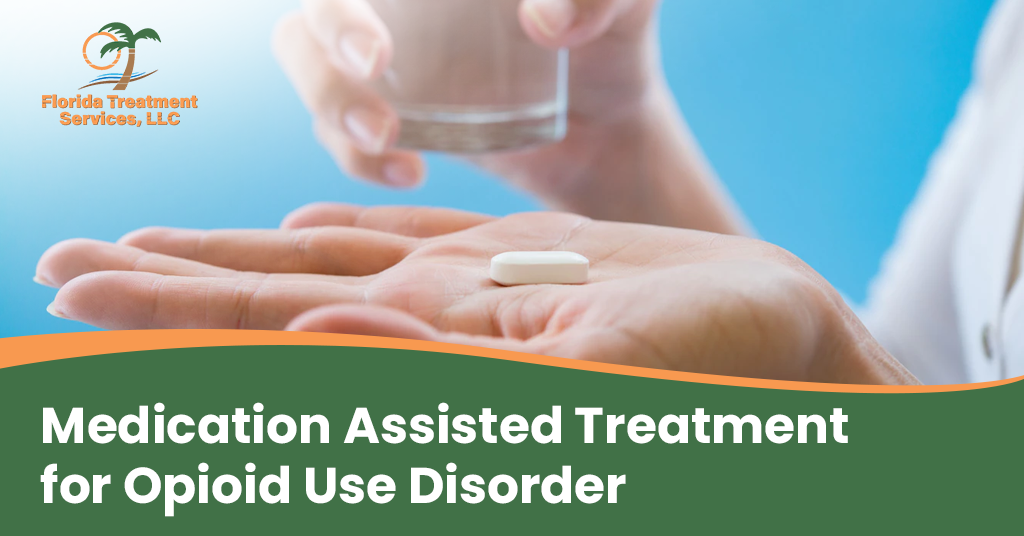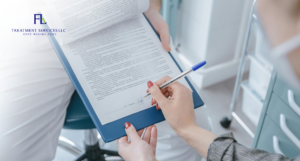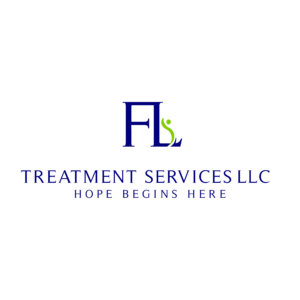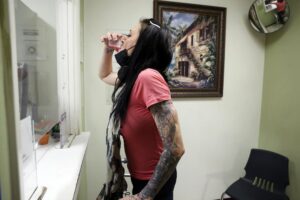“Medication-Assisted Treatment (MAT) Works”
Medication assisted treatment (MAT) is the use of FDA-approved prescription drugs along with counseling and behavioral therapies to treat substance use disorders on a “whole-patient” basis. MAT is a proven and effective treatment that helps many people overcome their addictions and enjoy long-term recovery. “MAT is high-quality, evidence-based care. Evidence shows medication-assisted treatment (MAT) works,” according to both the American Medical Association and the American Academy of Family Physicians.
Medication dispensed on-site satisfy physiological cravings for drugs and eases withdrawal symptoms. Patients can then focus on therapy and behavior modification techniques to address the root causes of their addiction. “There are decades of research concluding MAT is more effective than most other forms of treatment, especially in the case of opioids,” according to experts. “For most people, the use of medications combined with psychosocial treatment is superior to drug or psychosocial treatment on its own.”
Help for Opioid Addiction
Many people become hooked on opioids after getting prescription pain pills for an illness or after an injury. Commonly prescribed opioids like Percocet, Vicodin, codeine, and fentanyl often lead to addiction. In the brain, these medicines trigger the release of dopamine, a neurotransmitter that conveys pleasure. The brain reacts by wanting more, and want soon turns into need. The desire for the drug seems insatiable and irresistible, a physiological need that usually results in unfortunate behavior. The user has to take more and more of the drug just to feel normal. When they try to stop using, a variety of extremely unpleasant physical withdrawal symptoms such as fatigue, muscle cramps, nausea, and night sweats make it almost impossible to resist the urge to use again.
Opioid Addiction Outpatient Recovery
Recovering addicts have a better ability to focus on counseling and therapy when cravings and withdrawal symptoms are controlled by medicines like Suboxone, methadone, and naltrexone.
Naltrexone in Medication Assisted Treatment
Naltrexone, also known as (VIVITROL), blocks the effects of opioids quickly and completely. It generally cannot be administered unless the patient is already completely free of opioids. It is a safe and effective medication for Opioid Use Disorder (OUD) that can only be administered after opioid withdrawal takes place as part of a comprehensive Medication-Assisted Treatment (MAT) recovery program. Generally used to prevent relapse after opioid detoxification, it prevents opioids like heroin and codeine from having euphoric and sedative effects. Naltrexone is given as a shot in the muscles of the buttocks once a month.
Suboxone in Medication-Assisted Treatment
Suboxone is the brand name for a combination of buprenorphine and naloxone. Buprenorphine is a long-acting opioid agonist, meaning it binds to opioid receptors in the brain without producing the euphoric effect in opioid-dependent people. Naloxone is the generic name for NARCAN, the medicine widely used to reverse opioid overdoses. It is an opioid antagonist, acting to displace opioids from receptor sites in the brain. The combination works to blunt cravings and withdrawal symptoms, allowing patients to focus on behavioral health therapies and counseling.
Methadone in Medication-Assisted Treatment
The most widely-used opioid addiction medication in the world, methadone has been used successfully for more than 50 years. It is a safe and effective medication for Opioid Use Disorder (OUD) when used as part of a comprehensive Medication-Assisted Treatment (MAT) recovery program. Chemically, it is a long-acting opioid agonist, meaning it binds to opioid receptors in the brain without producing the euphoric effect in opioid-dependent people. It works to blunt cravings and withdrawal symptoms, allowing patients to focus on behavioral health therapies and counseling to break the grip of addiction. It is most commonly dispensed in addiction outpatient settings as a liquid concentrate known as Methadose.
Opioid Recovery Counseling and Therapy
The “whole-patient” approach at Florida Treatment Services recognizes that addiction is a complex disorder that grips both the body and the mind. That’s why counseling and therapy are important components of Medication-Assisted Treatment. While prescription medicines can help break the physical addiction by easing cravings and withdrawal symptoms, it’s vital that a patient become aware of the emotional and psychological processes that compel self-destructive behavior. We offer Cognitive Behavioral Therapy, Motivational Interviewing, and Individual, Group & Family Therapy.
Florida Treatment Services has addiction recovery centers throughout Central Florida offering on-site dispensation of methadone, suboxone, and naltrexone. We are passionate about our mission to help our clientele reclaim their lives. Our state-of-the-art treatment facilities offer hope and help to those who struggle with opioid addiction in Orlando, Marianna, Palm Beach, Kissimmee, New Port Richey, Crestview, Tampa, and Clearwater. Call 407-783-6273 if you or
a loved one need help with opioid addiction.
